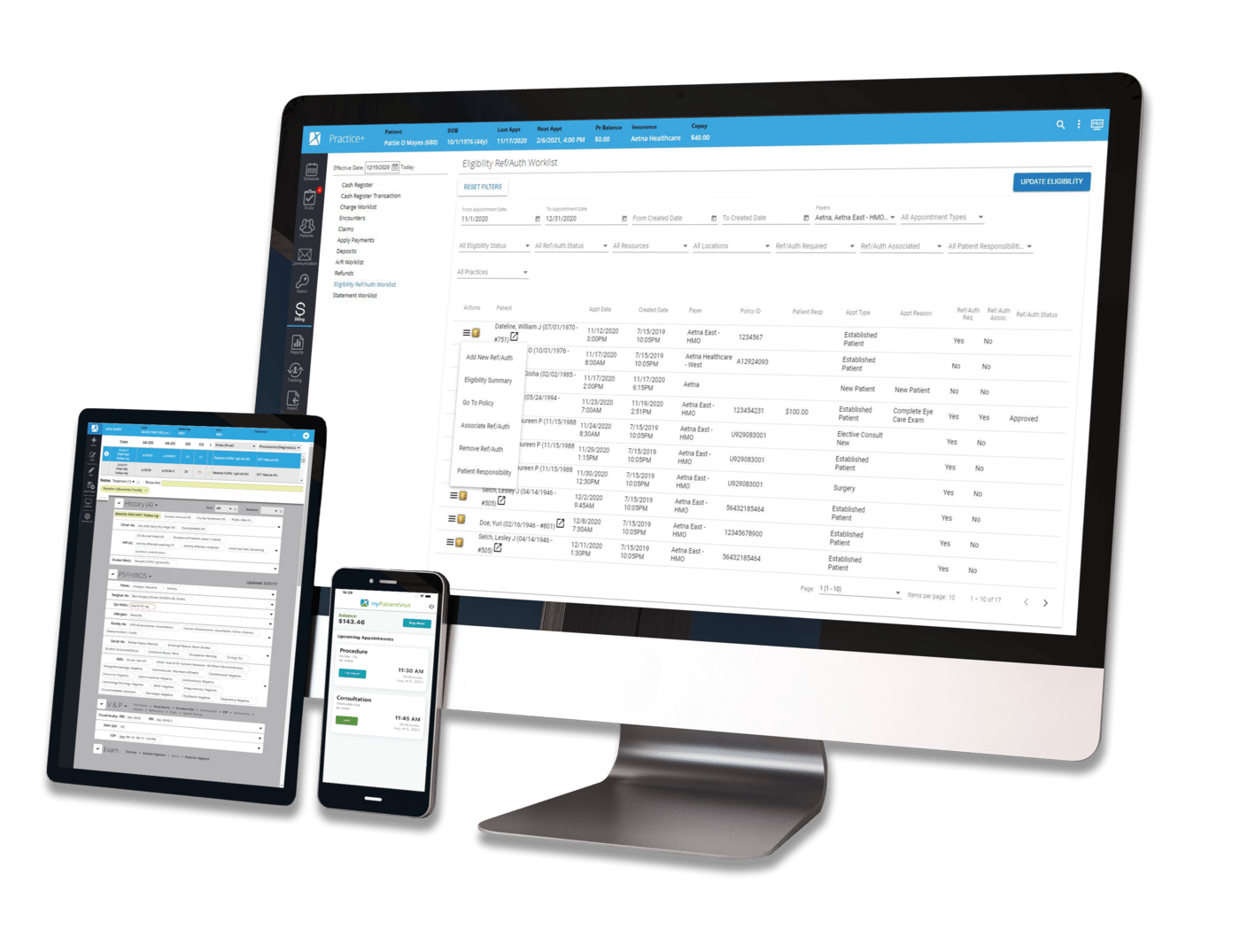Latest Articles
The latest news and information regarding electronic medical records, practice management software, HIPAA, and security from Nextech.

EHR | Regulatory & Compliance | Release Party | cures act
By:
Nextech
November 9th, 2022
Before the hustle and bustle of the holiday season settles in, Jack Frost starts to nip at your nose, and you go into your closet for your annual ugly holiday sweater, there’s one thing left to do to stay on the Nice List this year — hang out with Nextech for a digital fireside chat.

Cloud | Cloud technology | cures act
By:
Angela Myers
November 7th, 2022
You got into the healthcare field to change patients' lives, not to organize data or respond to cyberattacks. Yet in our digitized world, storing patient data – and protecting that data from cyber threats – is a time-consuming reality. Switching to a cloud-based solution can transform your electronic health records (EHR) and practice management (PM) systems.


Compliance | Regulatory & Compliance | cures act
By:
Courtney Tesvich
November 3rd, 2022
The end-of-year deadline for EHR development companies to comply with the Office of the National Coordinator for Health Information Technology (ONC) Cures Act certification updates is rapidly approaching and you may be wondering what this means for your EHR vendor and for your practice.

Regulatory & Compliance | cures act
By:
Courtney Tesvich
November 11th, 2021
While a great deal of information has been released on how electronic health records (EHR) will be affected by the Cures Act regulations, there seems to be far less understanding about how the new requirements will affect practices. In this blog article, we will clarify how some of the new requirements will apply to your practice, even if you are not a MIPS participant, as well as how transitioning to the cloud from a server-based system will make complying with these regulations easier for your practice next year and into the future.

Regulatory & Compliance | cures act
By:
Courtney Tesvich
May 25th, 2021
The Centers for Medicare & Medicaid Services (CMS) recently released a wealth of new guidance and resources for MIPS Promoting Interoperability (PI) measures and program requirements for the 2021 reporting period. These changes are based on the IPPS (or inpatient) rule. However, the guidance released in the IPPS rule is usually mirrored in the outpatient rule, which should be released later this summer. As usual, there is a lot to go through. However, most requirements are being carried over from 2020 so only a handful of changes need to be noted by our readers (have no fear; we’ve already done the grunt work, so you don’t have to).

Regulatory & Compliance | cures act
By:
Courtney Tesvich
March 2nd, 2021
We are entering a new era of healthcare, one where the patient is empowered to direct his or her own treatment. Patients are more informed and involved in their care than ever before and app developers are tapping into people’s desire to be involved in the decision making when it comes to their care. They also expect to be readily provided with their healthcare information upon request, and legislation has been passed that will require such requests be fulfilled in a timely manner.

Regulatory & Compliance | cures act
By:
Courtney Tesvich
February 26th, 2021
The submission window for MIPS Performance Year (PY) 2020 closes on March 31, 2021. As one year closes another begins, and now is the time that practices should be preparing for their 2021 MIPS reporting. For the new year, the MIPS annual program requires submission of data in four categories—Quality, Promoting Interoperability (PI), Improvement Activities (IA) and Cost. In this blog, we will briefly go over actions to be taken throughout the year for submission in PY 2021 so that our readers can be better prepared for the next MIPS reporting period.

Regulatory & Compliance | cures act
By:
Courtney Tesvich
November 10th, 2020
On October 30, 2020, the U.S. Department of Health and Human Services (HHS) announced the publication of its final 2020-2025 Federal Health IT Strategic Plan. Developed by the HHS ONC in collaboration with 25 federal organizations and formed with input from 100 public comments, this plan outlines federal goals and objectives for Health Information Technology (Health IT) and focuses specifically on the access of individuals to their electronic health information.